Police arrest three men for assaulting and extorting a small vendor twice within three days; residents fear rising festive-season coercion.
By SarhindTimes Bureau
Gurgaon, October 2025
A Small Shop, Two Robberies, and a City’s Unease
In a troubling reflection of the threats small business owners face during festive weeks, Gurgaon Police have arrested three men accused of repeatedly robbing and assaulting a paan-samosa shopkeeper in the Gandhi Nagar area.
The suspects — identified as Ajay Singh alias Cheeni, Ritik Bhatt, and Rishabh Tiwari alias Bhola — were taken into custody after a week-long investigation by the Shivaji Nagar Police Station team.
According to police officials, the trio not only stole cash but also demanded a “monthly commission,” hinting at an organized extortion pattern that targets roadside vendors and kiosks during high-footfall periods.
“This wasn’t a random robbery; it appears to be part of a small-time extortion racket that preys on vendors during festive seasons,”
— said Inspector Rajesh Kumar, the investigating officer.
Two Strikes in Three Days
The sequence of events began on October 2, when the accused allegedly arrived at the kiosk owned by Rakesh Sharma, a long-time paan and samosa seller operating near Gandhi Nagar Chowk.
Police records state that the men assaulted Rakesh and his brother, Suresh Sharma, during an argument over money. They vandalized the cart, broke glass jars, and fled with approximately ₹3,000 from the cash box.
Barely three days later, on October 5, the same group allegedly returned. This time, they attacked more violently — damaging goods, overturning tables, and seizing around ₹18,000 in cash before running off. Witnesses described the men as “familiar faces in the area” who had been seen loitering near shops in previous weeks.
Rakesh Sharma, visibly shaken, recounted to Sarhind Times:
“I’ve been running this stall for nearly ten years. They came first pretending to be customers, then started shouting about a payment I never owed. When I resisted, they beat me and took the money again later that week. It felt like no one was safe anymore.”
The Investigation: Swift but Cautious
Following the second assault, Rakesh filed a formal complaint at Shivaji Nagar Police Station, prompting immediate deployment of patrols in nearby commercial lanes. Officers reviewed CCTV footage from surrounding shops and traffic poles, identifying the culprits through facial comparison and informant leads.
Assistant Commissioner of Police (ACP, Central) Ravindra Yadav confirmed that one of the suspects, Ajay Singh alias Cheeni, had a prior record of petty theft in 2022.
“We were able to trace the trio within 72 hours. They had gone into hiding in Khandsa village after sensing police movement,” he said.
All three were arrested on October 8, with police recovering a portion of the stolen cash, a motorcycle used in the getaway, and a few mobile phones believed to have been used for coordination.
The accused have been remanded to two days’ police custody to facilitate recovery of remaining stolen money, potential weapons, and to identify any other associates involved in similar crimes.
Extortion or Personal Dispute?
While the victims have alleged that the attacks were tied to “monthly commission” demands, police are investigating whether the violence stemmed from a personal financial dispute that escalated into extortion.
“We are exploring both possibilities — whether it was a personal grudge over unpaid dues or part of a broader extortion attempt against street vendors,”
said Inspector Rajesh Kumar.
Preliminary interrogation reveals that the accused had been visiting several small stalls under the guise of “collecting protection fees,” a phenomenon that police believe intensifies in markets before major festivals like Diwali and Dussehra, when cash flow increases.
Vendors Speak Out: Fear Behind the Counters
Local vendors across Gandhi Nagar and Shivaji Nagar markets expressed relief at the arrests but admitted that such threats are common.
Several shopkeepers told Sarhind Times that young men demanding small sums of ₹500–₹1,000 per week often approach them under various pretexts — claiming “security collection” or “area maintenance charges.”
“We mostly stay quiet because we cannot afford trouble,” said a fruit vendor who requested anonymity. “When crowds increase, some people see it as their chance to collect money from us. Most of us are migrants. We just want to earn and go home safely.”
Community members say police presence has improved but remains inconsistent, especially during late evenings when food carts and panipuri vendors are still open.
Police Response: Stronger Vigil, New Patrol Schedule
Following the incident, Gurgaon Police have promised enhanced night patrols and immediate complaint response units for small business owners.
ACP Yadav announced that the force has begun deploying teams between 8 p.m. and midnight in mixed-use neighborhoods where commercial and residential pockets overlap.
“We will not allow intimidation or extortion of hardworking vendors. Anyone demanding money in the name of ‘area fees’ will face strict action,”
said the ACP.
Police have also urged market associations and RWAs to report suspicious repeat visitors and to install cameras covering street-level kiosks.
Recurring Trend During Festive Season
Data from previous years shows that street-level crimes such as petty theft, shop assaults, and vendor extortion increase by nearly 25–30% in October and November, coinciding with festival rushes.
More customers mean more cash transactions and longer working hours — factors that make small stalls particularly vulnerable.
Criminologists point out that such offenses are usually committed by small local gangs or drug-dependent youths seeking quick money.
“Most cases start as a fight or a loan dispute and evolve into coercion once the criminals realize vendors can’t easily approach the police,”
said Dr. Vinod Mehta, criminology lecturer at MDU Rohtak.
The city’s informal economy — thousands of food carts, paan kiosks, and juice stalls — becomes both the lifeblood and the soft target of Gurgaon’s expanding nightlife.
The Human Toll
For Rakesh Sharma and his brother, recovery is slow. Their small stall remains partially damaged. Broken glass counters have been replaced with cardboard covers, and they’ve resumed work under police watch.
“I can’t afford to stay closed. My family depends on daily sales. But I’m scared every evening,”
said Rakesh, as customers quietly bought snacks nearby.
Other vendors expressed solidarity. Many have begun pooling money to hire security guards during weekends — a grassroots response born out of necessity rather than trust in law enforcement.
Authorities Eye Prevention Through Awareness
Gurgaon Police are now planning an awareness campaign titled “Shop Safe, Report Fast”, encouraging small traders to use WhatsApp hotlines for instant alerts.
This digital system, already tested in parts of Delhi, allows vendors to send pictures or location tags to police control rooms.
A senior official at the Commissioner’s Office told Sarhind Times:
“Our goal is to shorten the time between incident and intervention. Many small crimes go unreported because victims assume the police won’t act. We want to change that perception.”
The police are also coordinating with Haryana Urban Local Bodies (ULB) to identify unlicensed stalls — not for eviction but for registration, ensuring accountability and protection.
Legal Perspective
The accused face charges under Sections 392 (robbery), 452 (house trespass after preparation for assault), and 506 (criminal intimidation) of the Indian Penal Code. If convicted, they could face up to 10 years in prison.
Legal experts say such recurring extortion cases often collapse due to weak evidence or delayed witness cooperation.
Advocate Karanbir Malik, practicing at the Gurugram District Court, emphasized:
“Victims must record calls, preserve CCTV evidence, and testify fearlessly. Community cooperation is key to breaking the cycle of vendor harassment.”
Socioeconomic Angle: Vendors as the City’s Pulse
Gurgaon’s economy is powered not only by IT parks and corporate offices but also by its micro-entrepreneurs — from tea stalls to fruit sellers. Yet, these small operators rarely enjoy structural protection.
According to estimates from the Haryana Urban Development Authority (HUDA), over 35,000 informal stalls operate across Gurgaon’s markets and intersections. Despite their contribution to the city’s convenience economy, they remain outside the formal legal safety net.
Economists suggest that including them in city-level vendor registries and micro-insurance schemes could drastically improve reporting of crimes.
“Formal recognition is the first step toward security,”
said Dr. Neha Rathi, economist and urban policy expert. “When people work in the shadows, crime thrives unseen.”
Community Reaction
After the arrests, residents of Gandhi Nagar and adjoining colonies expressed both relief and skepticism.
Local RWA member Sanjay Bansal remarked:
“Police acted fast this time, but such gangs don’t stop easily. Unless we have constant night presence, another stall could be targeted next week.”
Meanwhile, several community members lit candles near the shop to show solidarity with local vendors, symbolizing resilience against intimidation.
Editorial View: Restoring Confidence
This case, while small in monetary value, carries immense symbolic weight. It underscores the ongoing challenge of urban micro-crime — offenses too minor for headline space yet too frequent to ignore.
For Gurgaon to sustain its image as a global business hub, street-level safety must match skyscraper security. The wellbeing of its smallest entrepreneurs reflects the city’s collective conscience.
The quick arrests are commendable, but lasting reform demands systemic prevention, social vigilance, and community trust. Whether through police patrols, CCTV networks, or digital complaint systems, safety must start where livelihoods begin — on the pavement.
Conclusion: Justice, Vigilance, and Hope
As Rakesh Sharma cleans his stall at dusk, his bruises have begun to heal. His younger brother returns with tea for evening customers.
There is fear in their eyes, but also defiance.
“If we close down, they win,” Rakesh says quietly.
For Gurgaon, their courage is a reminder that every small business deserves the protection of law — and every citizen the peace of a safe night.
#Gurgaon #Crime #Haryana #LawAndOrder #SmallBusiness #Police #VendorSafety #CommunityWatch #GurgaonPolice #Justice











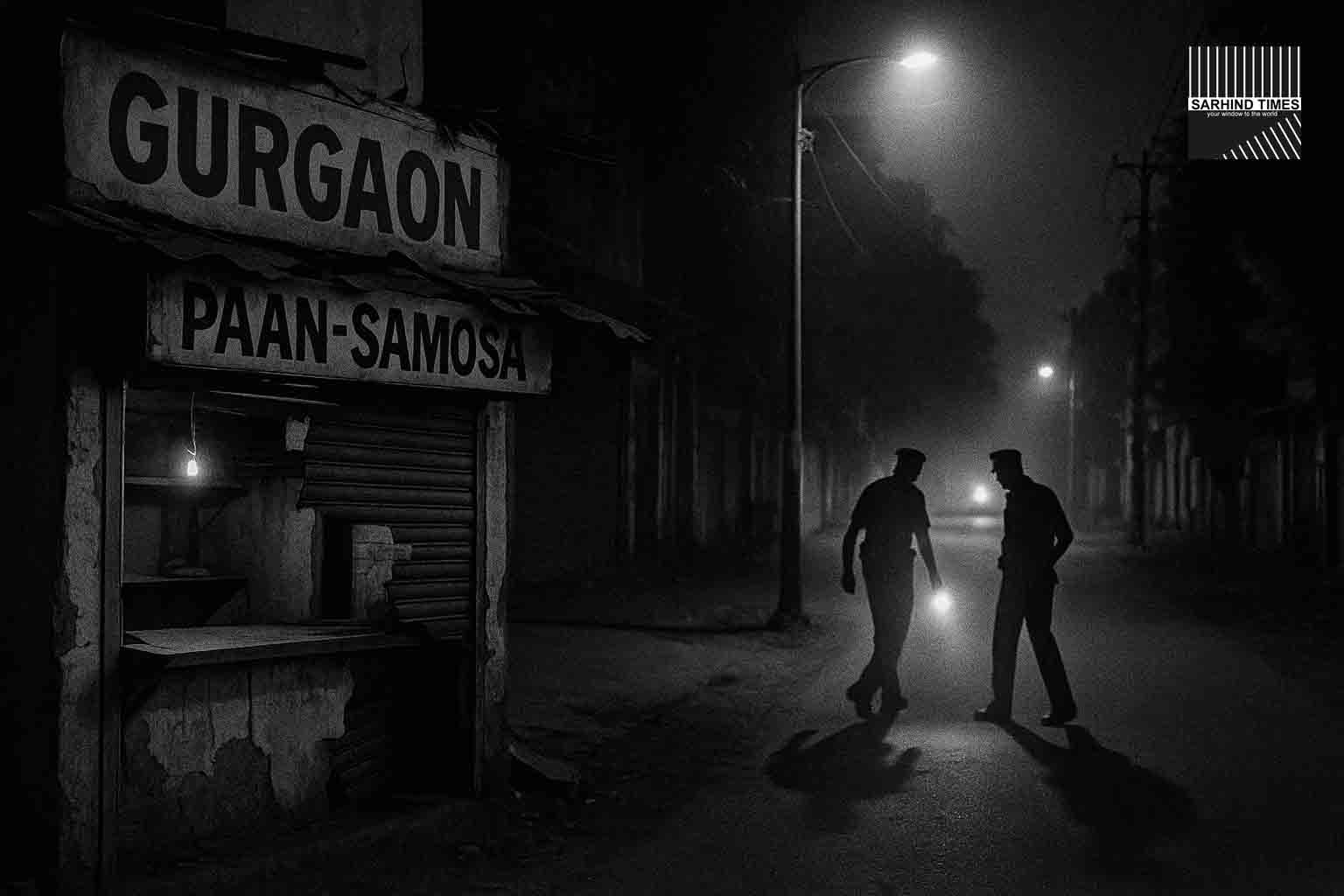



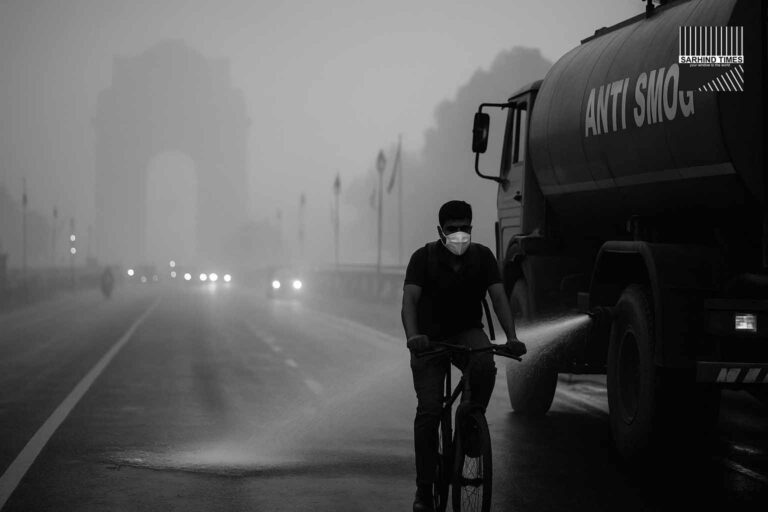
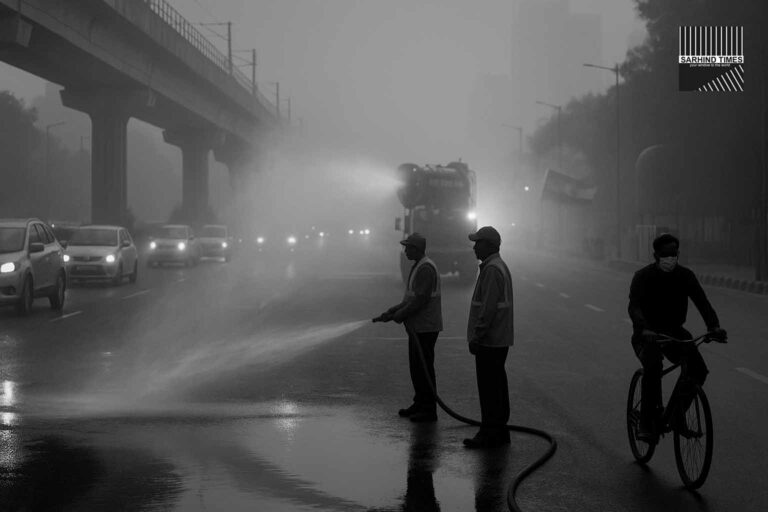




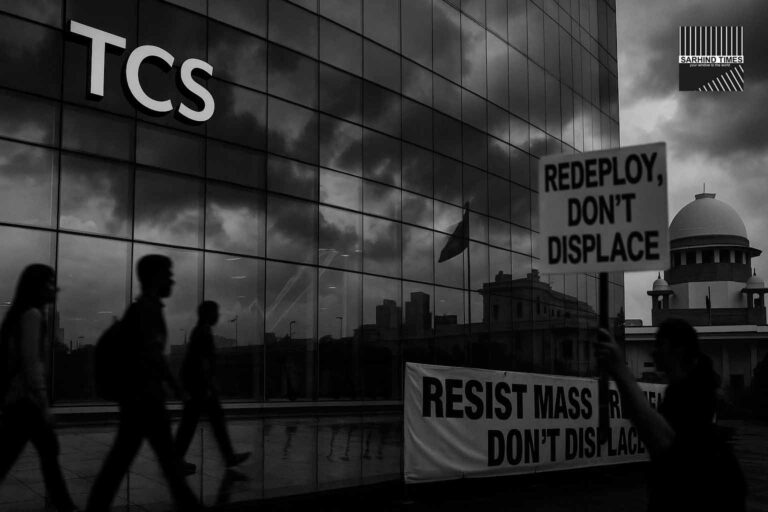


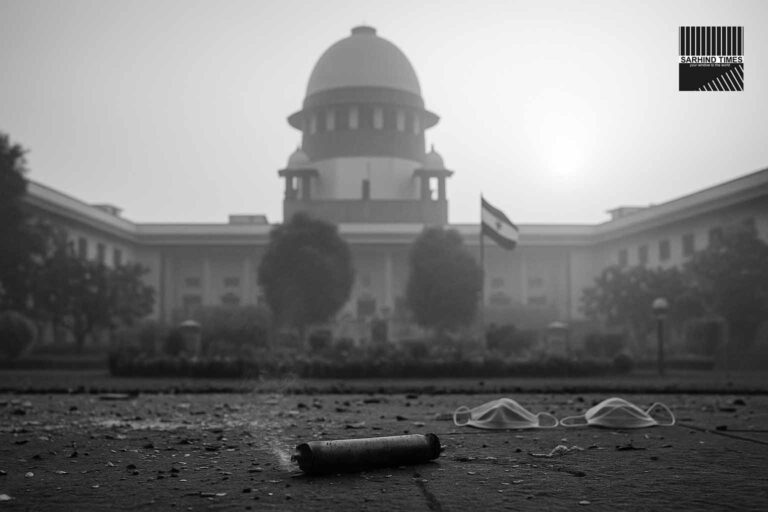
+ There are no comments
Add yours